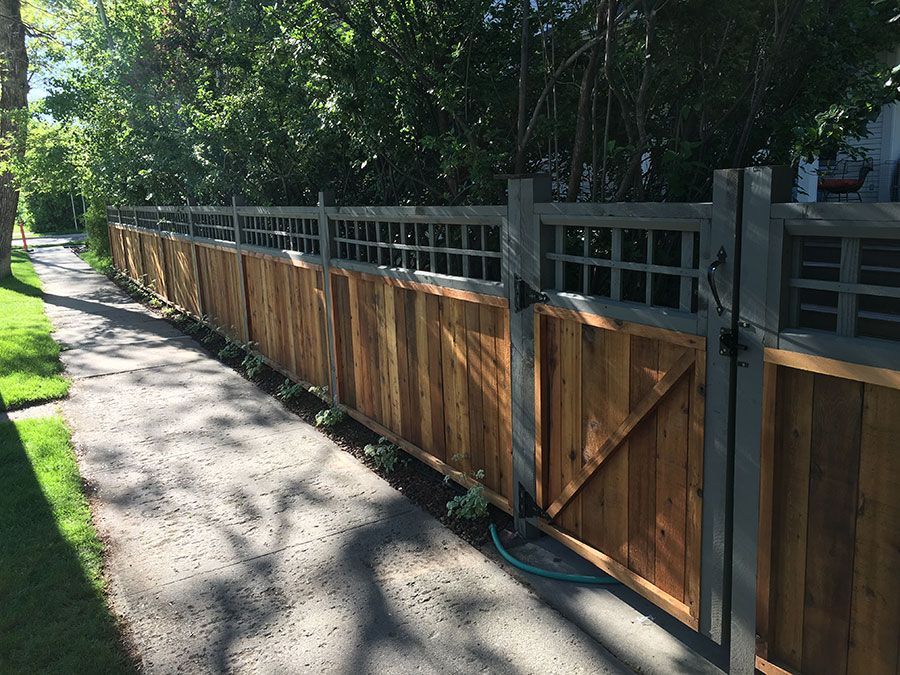Maintaining your fence doesn't always require a professional. With the right tools and a bit of know-how, you can handle many common issues yourself and save money. Here's how you can tackle basic fence care like a pro!
Essential Tools for DIY Fence Maintenance
Before you start fixing your fence, be sure to have the proper tools ready. Here’s a list of essential items for handling most DIY fence repairs:
- Hammer – A hammer is essential for securing loose nails or repairing broken fence boards.
- Screwdriver – Perfect for adjusting screws in both wood and metal fences
- Post Level – Helps keep your fence posts straight and secure
- Paint or Stain – Using paint or stain protects wood from the elements and prolongs its lifespan.
- Wire Cutters – Useful for trimming wire fences or cutting away tangled vines
A Guide to Fixing Common Fence Issues
Repairing a Loose Board
If you notice a loose or damaged board, fixing it is relatively simple:
- Use a hammer or screwdriver to remove any loose nails or screws.
- Reposition the board and fasten it with fresh nails or screws.
- For added stability, add a corner bracket or reinforcement if necessary.
Sealing and Staining Wooden Fences
Staining or sealing your wooden fence helps protect it from weather damage and keeps it looking fresh:
- Start by cleaning the fence well to remove any dirt, debris, and mildew.
- Choose a suitable stain or sealant for outdoor use.
- Evenly apply the stain with a brush or sprayer, working from top to bottom.
- Let the stain dry fully before using the fence again.
When to Call a Professional for Fence Repairs
Some fence issues go beyond DIY repairs. While simple tasks like tightening screws or replacing damaged boards are easy, complex problems might need expert attention:
- Major structural issues, like leaning posts or a sagging fence.
- Electric fences or high-security fences require specialized knowledge and should be handled by experts.
- When weather damage compromises the fence’s structure, it’s best to get professional assistance.
If you're unsure whether your repair is beyond your skill level, it's always better to call a pro. It can save you time, money, and potential frustration in the long run.
